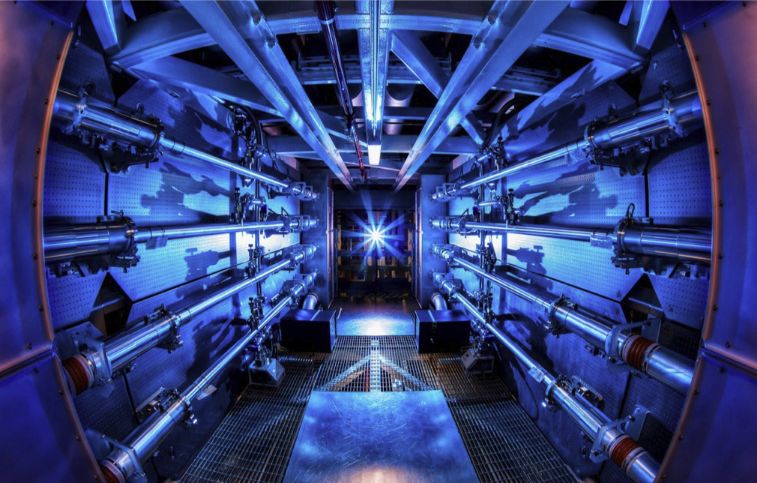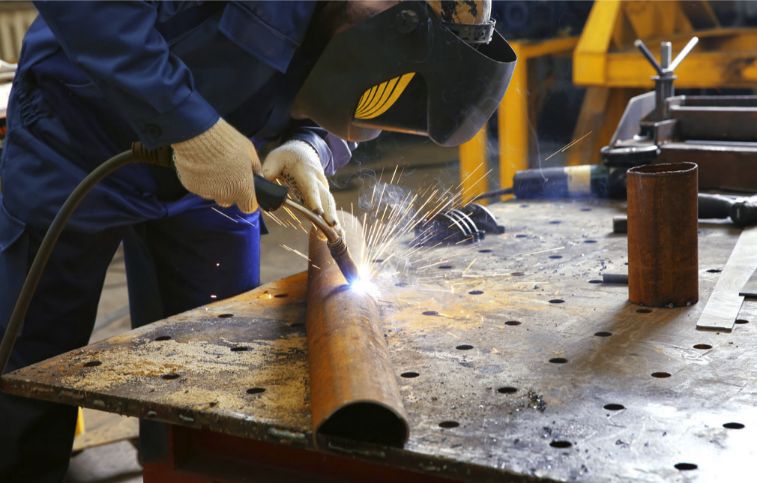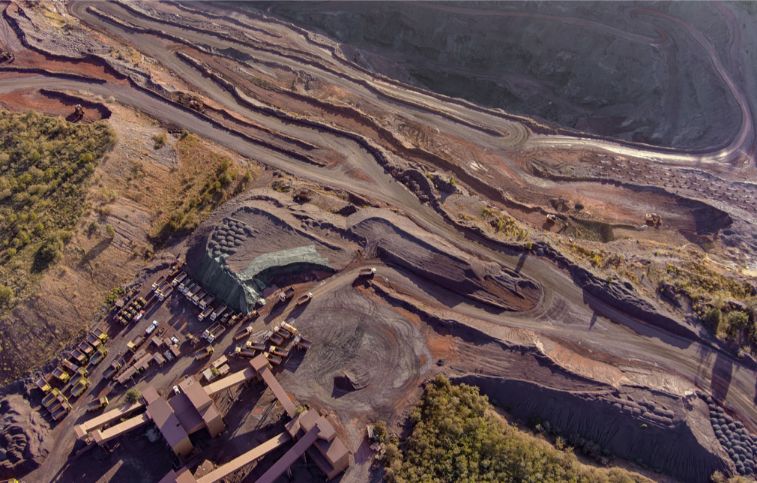BHP Group Ltd. (NYSE: BHP), the world’s largest miner, says that the lack of skilled workers, from mining engineers to mathematicians, will impede efforts to procure metals crucial to the energy transition. Laura Tyler, BHP’s senior vice president of technology, warned in a speech in Melbourne on Thursday that new deposits of ‘difficult-to-find’ metals such as copper and nickel require increasingly sophisticated technological expertise. “As we automate and electrify our operations, move work to remote operating centers, and change the equipment our maintainers look after, we have to learn new skills,” she said. “It is becoming increasingly difficult to locate these metals.”
The demand for copper, a core element in almost every electronic device from electrical grids to vehicles, is expected to double in the next three decades, while nickel, which is essential for lithium-ion batteries, will quadruple in demand, according to Tyler. BHP’s major commodities, potash, and iron ore are expected to drop as the company sells its coal holdings. According to Tyler, the world will require 21% more mining and geotechnical engineering experts and 29% more metallurgists by 2040 to meet the demand for “green” metals. Increased training will be required.
“We will not be able to meet future demands unless we educate more technologists, data scientists, and mathematicians,” she said. “However, demand for less skilled labor is likely to decline as vehicles and equipment are automated.”












